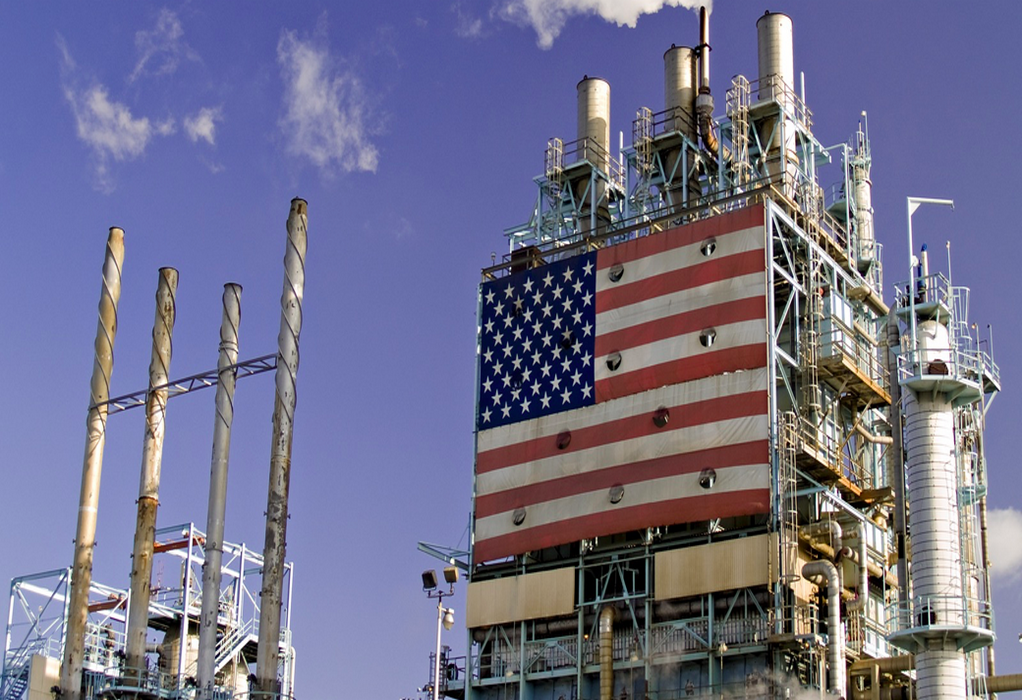The US Environmental Protection Agency denied 36 requests from US small refiners seeking waivers from renewable fuel blending mandates for the 2018 compliance year, including 31 petitions that were previously granted under former president Donald Trump.
The EPA said the 31 companies that previously had 2018 small refinery exemption (SRE) requests granted will not have to purchase new renewable fuel blending credits to show compliance for the 2018 year, despite the reversal.
The EPA’s decision follows recent lawsuits that have reshaped the agency’s interpretation of SREs, which have historically offered refiners processing less than 75,000 b/d an exemption from renewable fuel blending mandates if they could demonstrate “disproportionate economic hardship (DEH).”
The Trump-era EPA in 2019 approved 31 of 36 requests for SRE waivers for the 2018 year, but those decisions were successfully challenged by biofuels groups in a 2020 lawsuit on the grounds that the EPA had an overly broad interpretation of DEH. The Supreme Court then handed a win back to refiners last year when it ruled on appeal, leading a DC Circuit court to remand all 2018 SRE decisions back to the EPA so it could interpret the new rulings and come up with a new approach to the waivers.
The EPA already signaled a “changing approach” to SREs on 7 December of last year, when it proposed to reject all 65 pending applications for SREs for the 2016-2021 compliance years. Its decision to now reverse already-granted decisions from 2018 signals a hardline approach against the waivers, although the agency promised affected refiners will not need to rush to the market to purchase renewable identification number (RIN) blending credits.
The thirty-one affected companies would be considered liable for 1.4bn RINs if the agency were to ask them to retroactively show compliance with 2018 blending mandates. But that would imply “such a large obligation” that refiners would need to spread those RIN purchases over multiple years in order to not threaten the integrity of the market for the credits, the EPA said.
In lieu of providing the 1.4bn RINs, the small refiners will instead be asked to merely submit new compliance reports and data for 2018, including gasoline and diesel fuel production that would normally require refiners to blend a certain amount of renewable fuel. The agency explained this by saying its decision to deny the SRE requests and its decision to not require additional RINs from affected companies represent “separate and independent” decisions each “severable” from the other.
Market reaction
RIN credits were bid up on the day as the market anticipated the EPA announcement. Current year ethanol D6 RIN credits traded between 119¢/RIN and 122¢/RIN, rising by 7¢/RIN to 120.5¢/RIN. Biomass-based diesel D4 RINs with 2022 vintage increased by 7.25¢/RIN to 159.25¢/RIN. The Argus RVO rose day on day by 0.86¢/USG to 16.35¢/USG, reaching its highest since 2 March
Following the agency’s announcement, which occurred at the termination of Argus’ trading deadline, RIN credits pulled back sharply. Ethanol D6 credits traded at 116¢/RIN and 115¢/RIN while current year D4 credits exchanged hands at 156¢/RIN. Market participants said that buyer demand pulled back following the announcement.
While the EPA’s decision was partly intended to stabilize the market for RINs, US refining interests signaled “deep disappointment” with the agency’s insistence that blending rules enforced under the US Renewable Fuel Standard program do not cause small refiners’ economic hardship.
“EPA’s blanket denial of relief for small refineries is a political decision that contradicts Congress’s design for the RFS,” said Geoff Moody, president of refining trade group AFPM. “We are deeply disappointed in this and in the precedent, it sets for small refineries experiencing hardship and the communities and regions that rely on these facilities for energy security.”
US biofuel trade group Growth Energy did not respond to a request for comment.
The EPA’s decision to reject 65 pending SRE requests for 2016-2021 is still pending but could be finalized as soon as 3 June, the deadline by which the agency must issue final renewable fuel blending mandates for the 2020 and 2021 compliance years.
Source: Argus Media
Tags: EPA, RIN, Small Refieneries, SRE, Trump


Recent Posts
Be8 will produce a new biofuel to decarbonize faster.
Ports of Indiana and Cork partner on major green initiatives
Energy Security through India’s Ethanol Push
IAPH recognises Mormugao Port as an incentive provider
UltraTech collaborates with UCLA to advance cement industry decarbonisation
India to develop roadmap post-20% ethanol blending target: Hardeep Singh Puri
Gensol Engineering partners with Matrix Gas to develop first green hydrogen steel facility
WFS introduces biofuel to reduce GSE carbon emissions by 80%